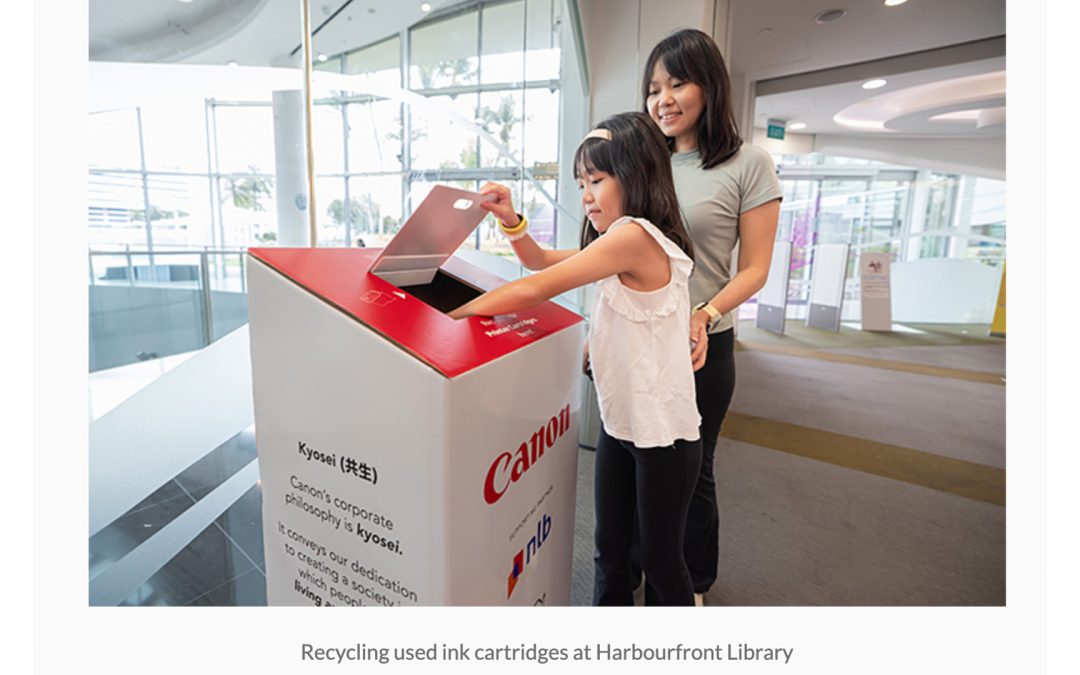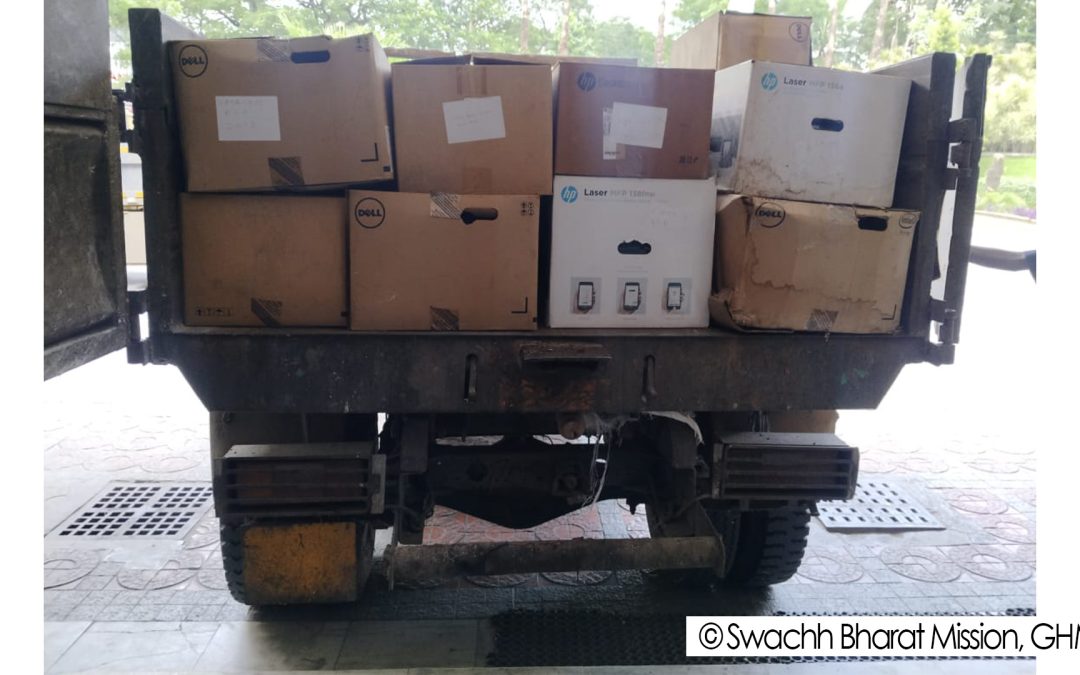
(Credit: www.bbc.com)
The South-East Asian country’s Government has revealed proposals to bring in a mandatory system in the next four years.
Singapore’s Ministry of Environment and Water Resources (MEWR) has announced plans to bring in a compulsory electrical and electronic waste management system by 2021, Channel News Asia reports.
Amy Khor, the Senior Minister of State, declared that the system will cover five main product groups, which account for nearly 90 percent of the nation’s e-waste: Information and communications technology; solar panels; batteries; lamps; and large household appliances.
MEWR plans to implement an EPR – Extended Producer Responsibility – approach, similar to that used in countries such as Sweden and South Korea. Under this approach, manufacturers and importers take a greater percentage of the responsibility towards management, and are obliged to take back a proportion of all the products they put on the market, as well as helping to organise the collection, transport and treatment of e-waste, in association with Producer Responsibility Organisations.
“PROs will work with large electrical and electronic retailers to set up in-store e-waste collection points,” explained Khor, who said that many companies were already coming on board. “All retailers must also provide free one-for-one take-back service for their products.”
Drawing inspiration from the European Union regulation that requires member states to collect 45 percent of electronic goods sold on the market, by weight, Khor announced that the Ministry would “set collection targets in consultation with the industry and review them before implementing a penalty framework.”
“The mandatory e-waste system will help both the environment and the economy,” she continued. “EPR systems have generated new business opportunities and jobs in the e-waste management and recycling industries in other countries. In France, for instance, more than 3,000 e-waste recycling jobs were created since EPR was implemented in 2005. We will integrate and support smaller industry players so they can benefit from our national system, including the karang guni men [the Singaporean equivalent of a rag and bone man] who provide collection services.”
Khor also explained that MEWR will begin studies of other countries’ practices, and consultations with appropriate stakeholders, to help it design a workable and cost-effective legislation and work out how to implement it.
Currently, the city state generates around 60,000 tonnes of e-waste per annum – “like every person in Singapore throwing away 73 mobile phones every year, said Khor – and with affluence rising and technology advancing, this figure is forecast to increase.
A study by the National Environment Agency found that only 6 percent of residents place e-waste into recycling bins, with the rate by businesses slightly higher. “More needs to be done,” acknowledged Khor.
The agency also found that e-waste in the hands of scrap traders and rag and bone men tends to be refurbished for sale, if it is reusable, or if not, dismantled and traded. Yet many of these traders don’t have the resources or capacity to effect maximum resource recovery, and only recycle components deemed to have significant value. The remainder often ends up being incinerated, thereby contributing to climate change. Channel News Asia cite these facts are evidence that a top-down, government-regulated system is necessary in the country.




















